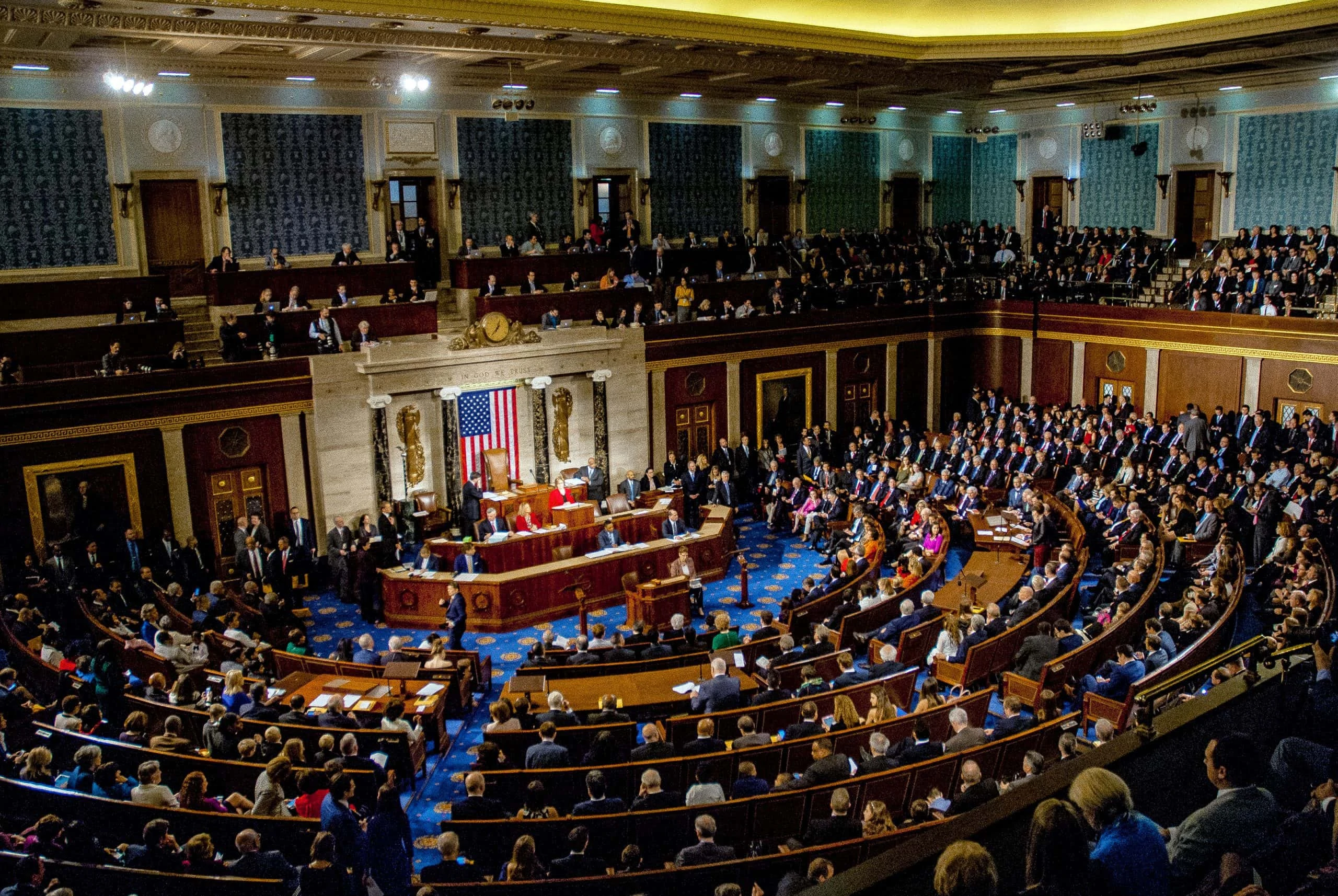A virtual hearing will be held in front of the House of Representatives on February 8th to discuss the regulation of stablecoins.
Law enforcement officials in the US see a need for action when it comes to regulating stablecoins. An announcement by Maxine Waters, chair of the relevant committee in the US House of Representatives, fits into this context. A virtual hearing on “ Digital Assets and the Future of Finance: The President's Working Group (PWG) on Financial Markets' Report on Stablecoins ” is scheduled to take place there on February 8th.
According to media reports, there is no list of participants yet. The hearing follows a report by the US Treasury Department calling on Congress to limit stablecoin issuance to insured deposit-taking institutions.
To avoid risks for stablecoin users and prevent stablecoin runs, legislation should require stablecoin issuers to be insured depository institutions subject to appropriate oversight and regulation at the depositary institution and holding company level. The legislation would ban other entities from issuing stablecoins
, so the wording of the report. However , this proposal is by no means undisputed . Designating stablecoins as systemic risk would mean that the Financial Stability Oversight Council (FSOC) would have broad emergency regulation powers.
New stablecoins law is considered unlikely
Its Republican member Patrick McHenry wrote to Waters earlier in the week, asking for more general clarity on cryptocurrencies, saying regulators have overstepped their bounds. However, it is considered very unlikely that the Senate will pass such a law before the midterm elections in November, as draft laws have already had an arduous path through the authorities.
Meanwhile, a group of US banks is working on its own US dollar-backed project. The aim is to eliminate any doubts. To this end, the consortium wants to work closely with regulatory authorities.
My Top PicksHoneygain - Passive earner that pays in BTC or PayPalMandalaExchange -The Best no KYC crypto Exchange!
BetFury - Play And Earn BFG for daily Bitcoin and ETH dividends!
Pipeflare - Faucet that pays in ZCash and Matic, Games pay in DAIWomplay - Mobile dApp gaming platform that rewards in EOS and BitcoinCointiply - The #1 Crypto Earning SiteLiteCoinPay -The #1 FaucetPay earner for LitecoinUpland - Collect Digital Properties & Test Your SkillsLBRY/Odysee - YouTube Alternative that lets you earn Money by viewing videos!FaucetPay - The #1 Microwallet PlatformFREEBTC - The #1 FaucetPay earner for Satoshi'sFaucetCrypto - An earning/faucet site that pays out instantlyFireFaucet - An earning site that pays better for some than Cointiply
DogeFaucet - Dogecoin Faucet
xFaucet - BTC, ETH, LTC, Doge, Dash, Tron, DGB, BCH, BNB, ZEC, FEY - Claim every 5 minutes
Konstantinova - BTC, ETH, LTC, Doge, Dash, Tron, DGB, BCH, BNB, ZEC, USDT, FEY, 25 Claims Daily


Comments
Post a Comment